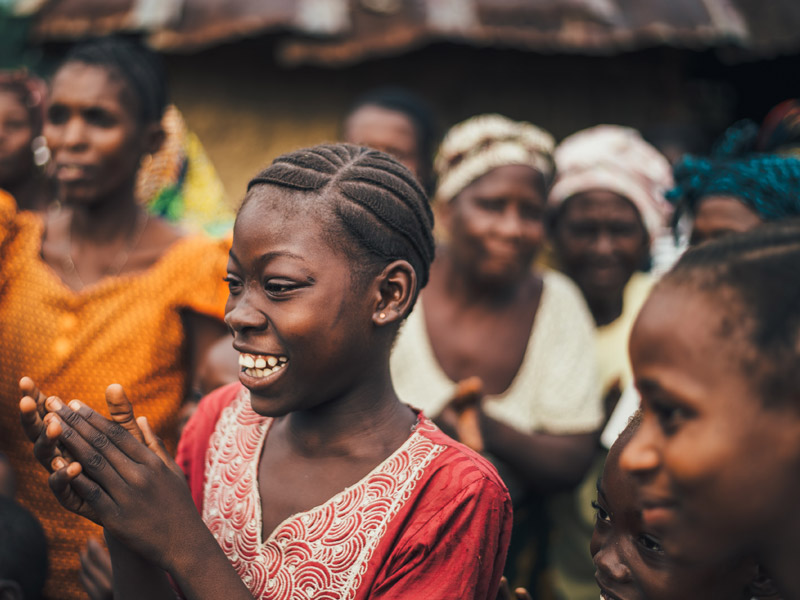Resilience Africa Network (RAN)
 There are three components to the Stanford effort: RIL training, Deliberative Polling training, and Massively Scaled On-line Course development and execution.
There are three components to the Stanford effort: RIL training, Deliberative Polling training, and Massively Scaled On-line Course development and execution.
1. Resilience Innovation Lab (RIL) Training
Stanford trained the staff, faculty and students at the 4 RIL’s in Africa on innovation methods. Two trips per year were used for Stanford personnel from the d.school and H-STAR Insitute, who have innovation lab development experience, to train at the RILs. This included guidance on physical space attributes, protocols for competitions and other programs at RILs, facility management, staff interpersonal interactions, and sustainable funding models to empower the RILs to learn about the Silicon Valley ‘secret sauce’ and adapt it to their own culture and processes.
2. Deliberative Polling
Stanford trained staff faculty and students at RILs in deliberative polling methodology in a ‘train the trainers’ process. A team of one or two people (J. Fishkin and the Deliberative Polling Manager) conducted two trips to Africa and RILs to train 15-20 trainers, who then carried the program out to partners, and provide virtual support when needed. In the first year, pilot training was conducted at a single RIL, as follows:
- The Center for Deliberative Democracy at Stanford fosters teaching and research about public consultation, especially with deliberation by scientific samples (via Deliberative Polling).
- The Center presented at and participated in at least one conference and training session per year at the Makerere Resilience Innovation Lab (RIL).
- The conference was held by the prime.
- The objective was to train local partners in the methodology of Deliberative Polling and provide them with follow up advice and assistance.
3. Massive Scaled Project-Based Course Development and Execution
In Year 1 Stanford was piloting project-based learning with RILs and African colleagues through working within existing Stanford courses such as ME 310 at the Center for Design Research, Design for Extreme Affordability at the d.school, Innovating Large-Scale Transformations at ChangeLabs, and AEC Global Teamwork at Project-Based Learning Lab.
In years 2 through 5, we developed a large-scale platform to teach innovative design concepts, attempting to combine the best and most relevant aspects of those courses with delivery modeled on the Coursera and Udacity projects that have come out of Stanford in the last year, for launch in years 3 through 5. Data from the first year of collaboration with other courses informed scaling of this new course.
Primary Investigator: James Fishkin (Department of Communication)
Sponsored by: USAID
Dates: 11/08/12 – 09/30/17


